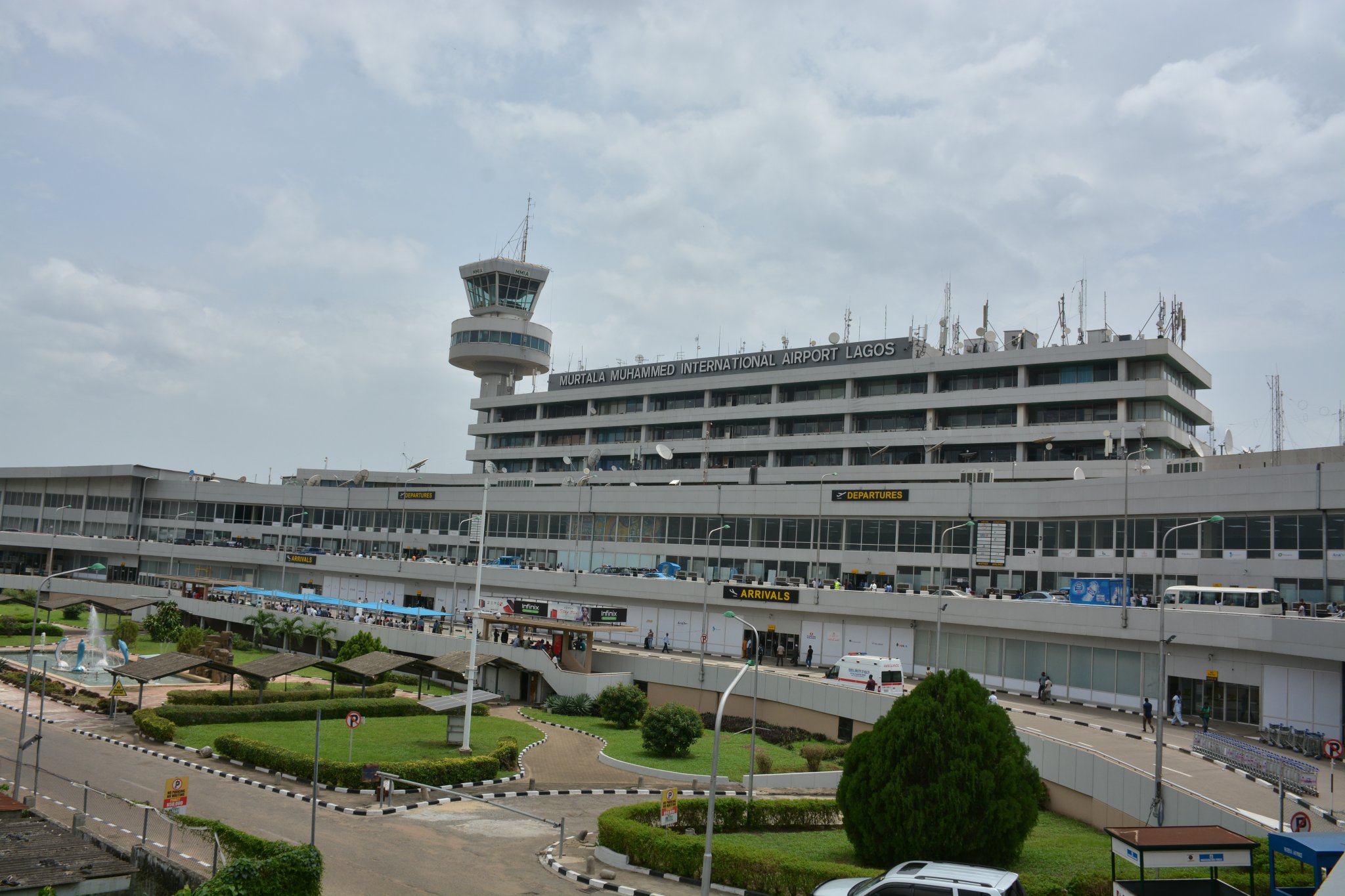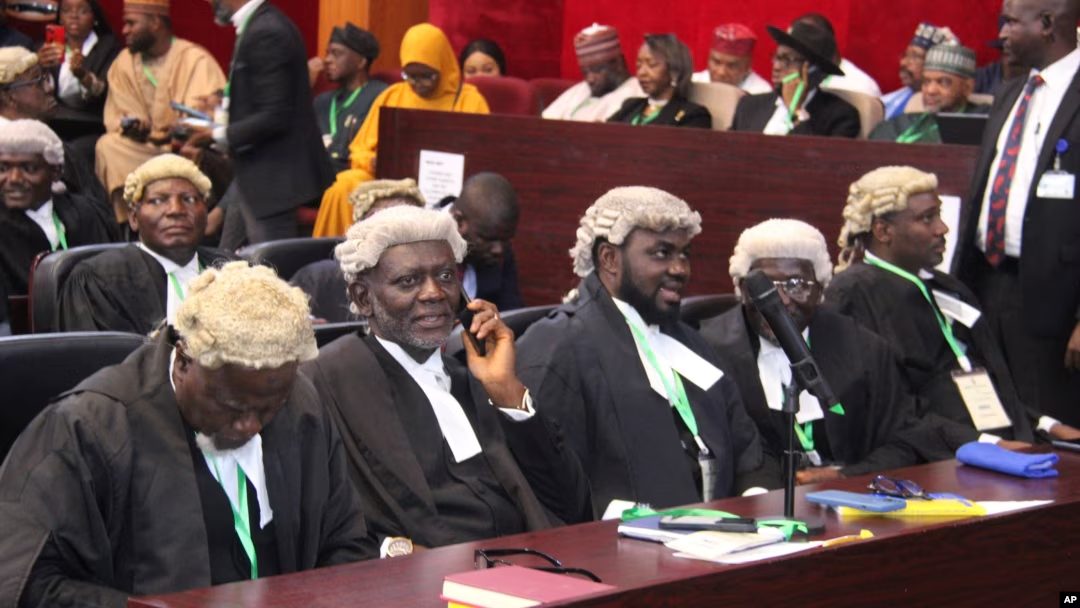Terrorism is often defined as the unlawful use of violence to achieve political or religious goals. In Nigeria, under the Terrorism (Prevention) Act of 2022, terrorism is broadly defined to include acts that cause death, serious harm, or threats to public safety, often with the aim of intimidating citizens or coercing government action. These acts may also involve damage to property or disruptions to critical infrastructure, all tied to political, religious, or ideological causes.
According to a report by Mediaplusng.com, despite the law stating that peaceful protests are exempted from terrorism charges, the Federal Government has continued to prosecute unarmed protesters, including some citizens who participated in the #EndHardship demonstrations last year. Many of them are still facing trial at the Abuja division of the Federal High Court. Critics argue that while ordinary citizens face terrorism charges, corrupt politicians who divert public funds, resulting in poor infrastructure and preventable deaths, are only charged with money laundering.
It is no secret that Nigeria’s two leading political parties, the All Progressives Congress (APC) and the Peoples Democratic Party (PDP), have faced repeated accusations of election rigging. Reports indicate that elections are often marred by violence, ballot snatching, and the use of armed thugs, police, and soldiers. Citizens who resist electoral malpractice are frequently attacked or killed, while perpetrators go unpunished. Judges in election petition tribunals are also accused of legitimising fraudulent election results.
Recently, Mediaplusng.com reported that a Canadian Federal Court ruling sparked global attention when Justice Phuong Ngo described both APC and PDP as “terrorist organisations.” This came during the asylum case of Nigerian citizen Douglas Egharevba, whose appeal was dismissed on the grounds that the political parties he was affiliated with engaged in acts equivalent to terrorism under Canadian law.
The ruling has provoked reactions from both parties. The APC dismissed the judge as “ignorant and racist,” while the PDP labelled the judgment “mischievous.” The Federal Government also lodged a protest with the Canadian authorities, though analysts say such a protest holds little weight as it is not a diplomatic issue.
Observers warn that the judgment could have wider implications. Asylum applications linked to APC or PDP members may now face rejection across other Western nations, potentially leading to deportations and visa cancellations. This could further tarnish Nigeria’s image abroad.
Legal experts, including Senior Advocate of Nigeria Femi Falana, argue that instead of attacking the Canadian court, APC and PDP should urgently demonstrate through reforms and legal action that they are not terrorist organisations. He stressed that Nigerian judges must also begin sanctioning election riggers and political actors who engage in violence, regardless of their influence.
If urgent steps are not taken, Falana warns, the stigma of the Canadian ruling may spread internationally, causing collateral damage not only to party members but also to ordinary Nigerians who risk being unfairly associated with terrorism due to the actions of their political leaders.
READ ALSO: Benin-Sapele Road Rehabilitation: Governor Okpebholo Summons Contractors Over Delay




